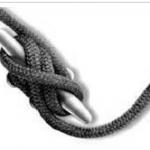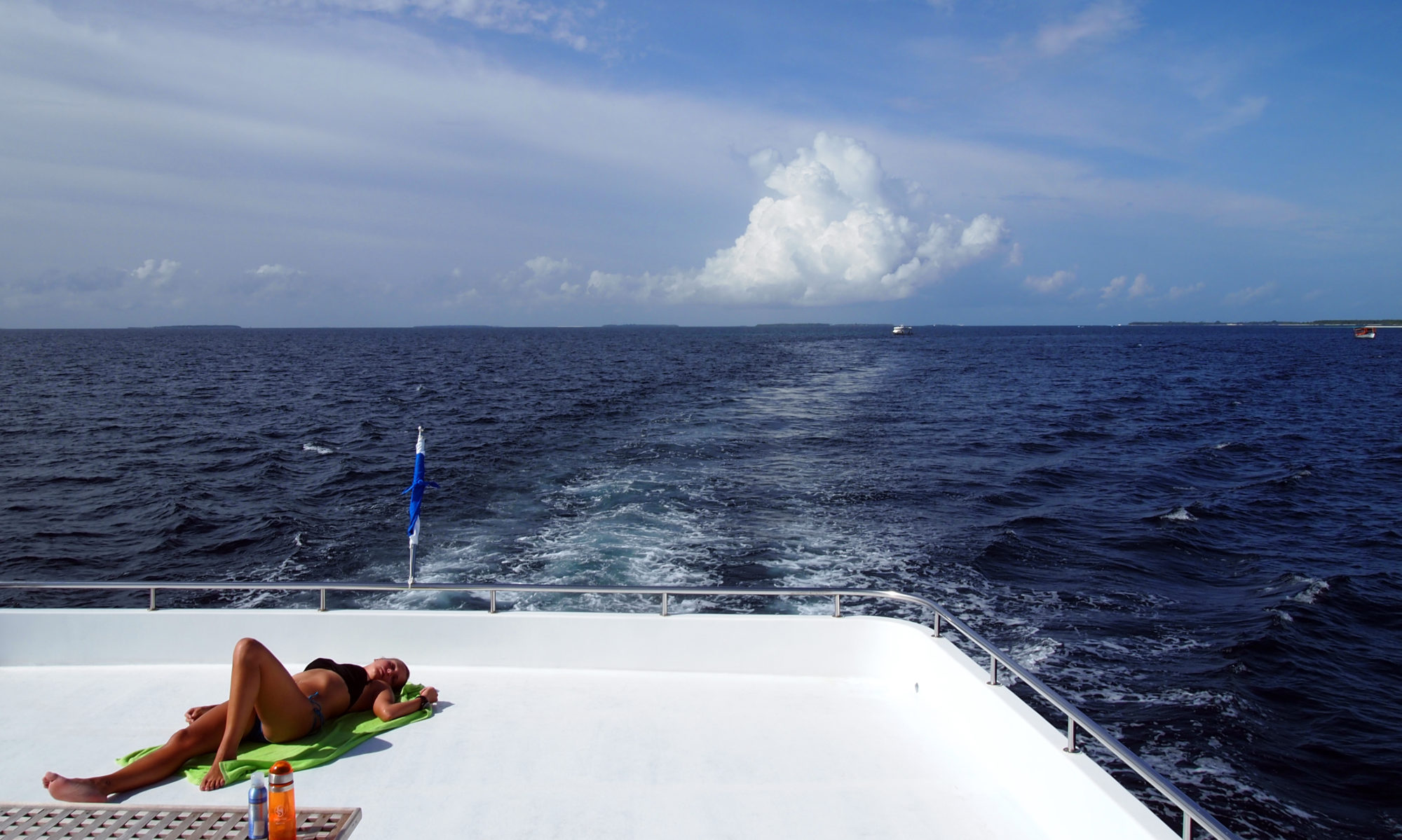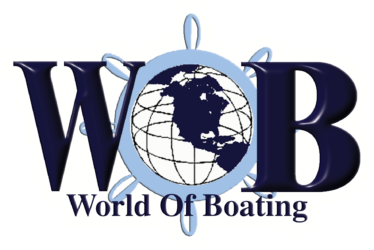
In the whole scheme of boating one of the least expensive items you’ll buy for your boat is a set of dock lines. You’ll handle the lines every time you go boating. So why do so many boaters refuse to spend a few bucks?
At my marina you’ll see lines of different sizes and colors, some with eye splices and some with knots and I’m talking about the same boat. One of the signs of an amateur boater, in addition to cruising around with all your fenders hanging, is wrapping the excess line around the dock cleat 35 times rather than making a neat Flemish flake or a slip chain. Lastly, don’t be a rope-a-dope. There are no ropes on a boat. As soon as a rope goes on the boat or is tied to it, it’s a line.
The test of a good knot is can it be untied easily. Recently a boat in my marina was moving and the owner had his detailer, Jose, helping him move. Jose spent half an hour to untie the line from the piling. This negated the savings of not buying a line with an eye. Three strand nylon with a prespliced eye is only a few dollars more. A knot can reduce the strength of a line up to 50%. A splice can retain about 90% of the tensile strength.
Since I’m spending your money, how much are we talking about? A 25’ three strand economy 1/2” line costs $19.99. A premium line cost $32.99 and is 30% stronger. Double braid is stronger yet and is $38.99. (West Marine online prices) All the prices were different in my 2012 catalogue and will probably be higher when you read this article. Welcome to boating. To save a few dollars, dock lines are a good thing to buy at a marine flea market.
White lines are stronger. But, colors look better. For ease of handling double braid is the way to go. I like to have different colors for different lengths. The general rule for length is 2/3 of the boat length for bow and stern lines and the boat length for a spring line. Your permanent dock lines could be sized to your dock so you may save a few dollars.
Speaking of spring lines, if you dock in a slip you probably only need a forward spring line to keep from going back into the seawall. At my marina several boats have forward and after spring lines and breast lines. Maybe they’re expecting a hurricane. When you tie up alongside a pier in a crowded marina you can use a forward and after spring line as you may have a boat in front and back of yours.
By Bob E. Sherman
Syndicated Writer with Florida By Water
http://www.bobesherman.com/


